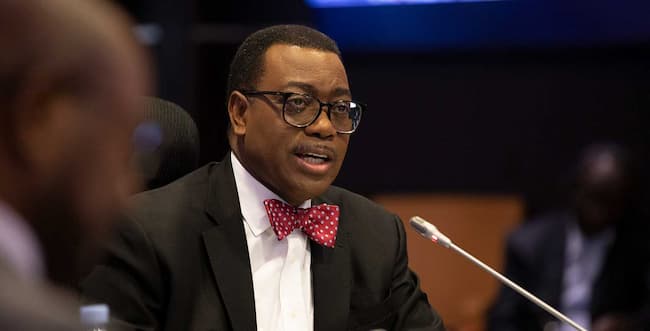Akinwumi Adesina, president of the African Development Bank, has encouraged the federal government to stop funding youth empowerment initiatives and instead make long-term investments in the country’s youth.
This was spoken by Akinwummi at Bola Tinubu’s inaugural speech in Abuja, Nigeria. “Nigeria needs to develop a youth-based economy, We need to stop implementing so-called youth empowerment initiatives”, he said.
He continued saying,”Youths don’t need free stuff. Investments are required. The present financial systems refuse to lend to young people and never will. Even when they use a palliative approach, special funds are neither systemic nor sustainable”.
“What is required to unleash the entrepreneurship of the youth in Nigeria are brand new financial ecosystems that understand, value, promote, and provide financial instruments and platforms for nurturing youth business ventures at scale”.
The head of the AfDB also revealed that the $618 million I-DICE program to foster digital and creative businesses had been launched by the continental bank in collaboration with Agence Francaise de Developpement and the Islamic Development Bank.
He claimed that the scheme would boost Nigeria’s economy by $6.3 billion and generate six million new jobs.
In order to design and assist the establishment of young entrepreneurship investment banks, the bank was now “working with Central Banks and countries,” Akinwummi continued.
In order to create and implement new financial services and products for young people’s businesses and initiatives, these new financial institutions will be led by specialists and bankers who are youthful, professional, and extremely capable.
“Several African nations intend to establish investment banks for young entrepreneurs. Nigeria ought to set up an investment bank for young businesses. Nigeria’s main asset is not its natural resources, it is its human capital” he stated.
“In a fast digitizing global economy, we must spend extensively in human capital to develop the capabilities Nigeria needs to be globally competitive. The development of abilities in ICT and computer coding, as well as in science, technology, engineering, and math (STEM), as well as other areas, must be accelerated. These fields will shape the employment of the future”, he continued.














